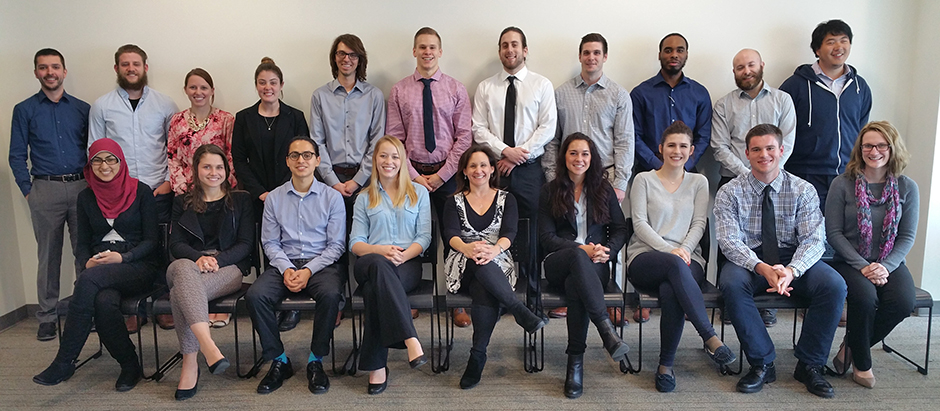Tyler Architecture's Facilities Management Program is built around the recognition that facility management is by nature interdisciplinary, focused on process, people, place and technology.
As an undergraduate program, the aim is to educate students to intelligently consider the range of issues that will be prevalent in a career in Facility Management. The program conveys to students that as professionals they will be faced with issues that can be anticipated, but also, in a field where practice is dynamic and evolving students are educated to anticipate new challenges and situations as a primary factor in FM practice. The program introduces students the range of facility management specializations and facility types – government, healthcare, higher education, corporate, transportation, etc.
The program’s goals are organized into seven areas as follows:
-
Design Thinking: Provide a foundation in design and design thinking, advancing students’ ability to observe, examine, and interpret complex information and to reach well-reasoned conclusions.
-
Leadership and Collaboration: Develop the ability to lead and to work with others, nurturing students’ self-awareness of personal strengths and unique abilities to contribute to collective success.
-
Professional Communication: Develop the ability to effectively communicate; verbally, in written formats, and through graphic presentations.
-
Business and Management: Provide a broad understanding of business and management as it relates to the facilities management industry, including professional ethics and financial management of resources.
-
Professional Ethics: Develop an understanding of the ethical issues related to professional judgment and decision making in facilities management practice.
-
Building Technology and Environmental Stewardship: Develop an understanding of the technical issues of facilities management practice and stewardship of the environment, including environmental systems, building envelopes and materials, building operations and maintenance, and life cycle analysis.
-
Cultural Diversity: Develop an understanding of the range of needs, values, and physical abilities that characterize diverse cultures and individuals within society.
These program goals are integrated into a range of courses distributed across the curriculum. The curriculum is reviewed regularly to coordinate and update it according to changes in practice, with the primary aim of following best practices. The curriculum features theoretical learning, but also applied learning and real world experience. The FM courses offered by the Architecture Department include industry connections and/or partnerships with professionals coming into the classroom and students visiting them on sites, thus building professional networks. Facilities Management students have permanent workspace in the Facilities Management Lab, conceived as a workplace solutions lab, where students have access to products and product literature and have the opportunity to engage in hands-on projects related to facility design and installation.
The BS FAC MAN degree received provisional accreditation from the IFMA Foundation, Facilities Management Accreditation Commission (FMAC) Accredited Degree Program (ADP) in 2013.
Visit the Facilities Management Career Page to learn more about internship and scholarship opportunities.
